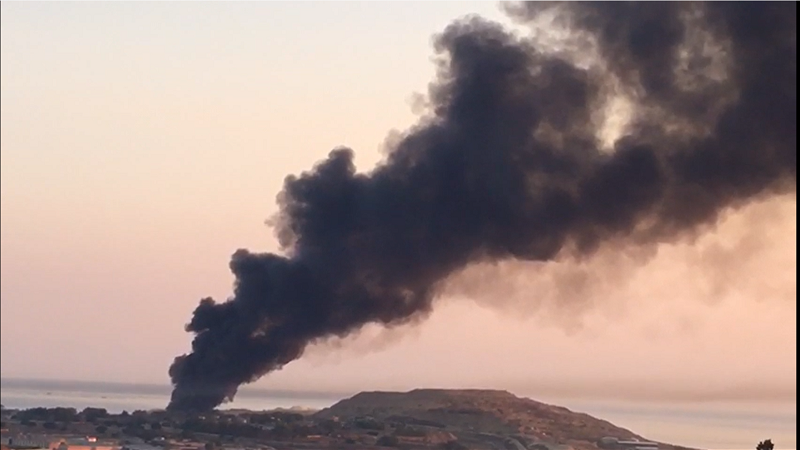The recent fire at Maghtab has highlighted the government’s need to manage and protect the effect hazardous emissions have on the public in circumstances similar to a number of cases decided by the European Court of Human Rights (ECtHR).
In the span of 18 months, two large fires broke out at two of Malta’s main waste collection grounds as the huge plumes of smoke spreading across the country also resulted in a public outcry on health concerns.
On both occasions, the health authorities cautioned the public to stay indoors and close the windows to reduce any risk of inhaling toxic fumes. Following Friday’s fire, they also urged people to wash all produce before consumption – in case any toxic residue from the fire settled on the fruit and vegetables.
Opposition Leader Adrian Delia pointed out that this incident was a result of bad governance of recycled waste.
Read more: ‘If these are Malta’s best times, I’d like to know what hell is’ – residents
In one judgment, the ECtHR found that the direct effect of toxic emissions caused by a chemical factory in Italy on the applicants’ right to respect for their private and family life meant that Article 8 was applicable.
During its production, the factory released large quantities of flammable gas, which could have led to the toxic substances. There was an explosion where tonnes of poisonous gas was released, leading to 150 admitted to hospital with acute arsenic poisoning. The Italian government had failed to act and take the necessary steps to ensure the protection of applicants’ right.
A similar judgment by the European court was given to a number of Maltese dockyard workers and their families who were exposed to asbestos for decades, which led them to suffer from asbestos related conditions. Even though Malta had taken positive steps against the threat, the government had failed to legislate or implement practical measures to make sure the workers were adequately protected and informed of the risk to their health and lives.
Both judgments highlight the government’s responsibility to protect public health from hazardous substances. In contrast, Environment Minister Jose Herrera said the fire was half expected because there was no space for the storage of waste.
The Maghtab landfill has long been a sore point. For many years, it was used as a dumping ground for untreated waste, which has generated dangerous gases that – till this day – are being extracted through a network of pipes and burned in a nearby plant.
The mismanagement of which the government is being accused of has led to the reaction from the public which feels that more can be done to protect them – especially after the dark black pillar of smoke that spread across the sky affected large parts of the country.













